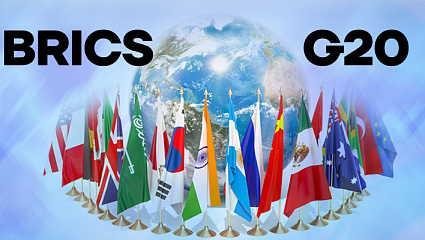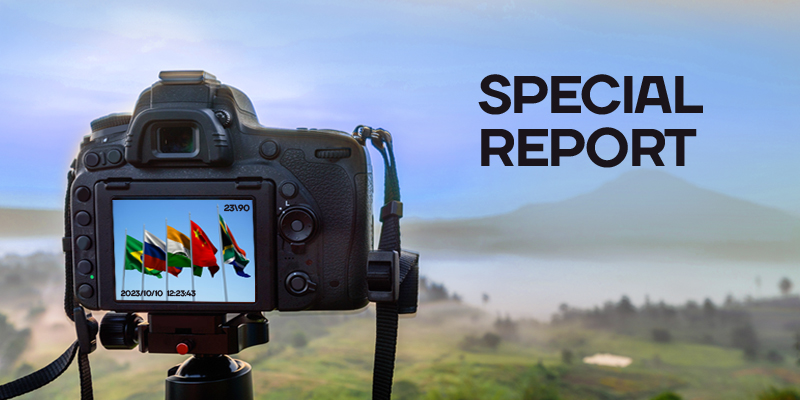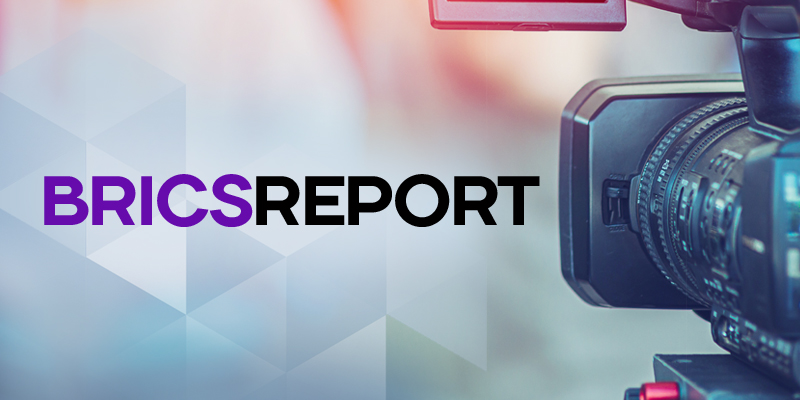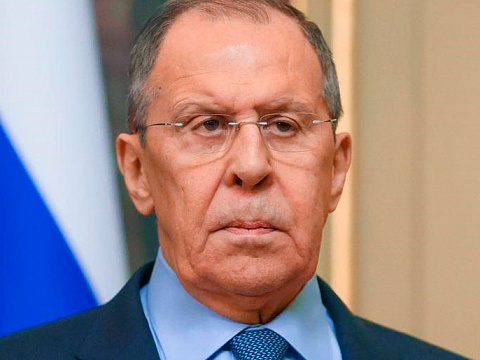China recovering faster than most big economies: IMF
China is recovering fast ahead of most large economies, but the recovery is still unbalanced and facing significant downside risks, the IMF has said, projecting an eight per cent growth rate for the world’s second largest economy in 2021.
However, the main concern around the Chinese recovery that the International Monetary Fund (IMF) has is the lack of balance, said Hlge Berger, Mission Chief for China and Assistant Director, Asia and Pacific Department of the IMF.
The recovery is still relying mostly on public support. Private investment has strengthened recently, but consumption is lagging. Growth rates and consumption recently have been higher, but the level of consumption compared to its pre-crisis trend is still rather low, he told reporters during a conference call on Saturday on the publication of the 2020 China Article IV Staff Report.
China is recovering fast ahead of most large economies, but the recovery is still unbalanced and facing significant downside risks. We are seeing growth at around 2 per cent in 2020 and around 8 per cent in 2021. December numbers have been surprising on the upside, so there are some upside risks to that forecast, said Berger.
On the other hand, he said that there are significant downside risks. Domestically, there is a pandemic risk that is still around. Also, the external environment has generally become a little bit more difficult for China and its economic relations with other countries.
This is a large reason for the fact that we think that there’s still an output gap this year of 1.8 per cent. That’s the difference between what the economy potentially can have in terms of GDP and what we are actually expecting in terms of demand. So that’s where this lack of balance comes in, and this has important implications for the way macro policies should be conducted, Berger said.
In the short term, he said, the IMF does not withdraw macroeconomic policy support prematurely in China. And this is the advice that other countries are getting from the IMF, so this is a bit of a global concern, but it applies to China as well.
The second implication of our analysis of the outlook and the risks around it is that we need to make sure that we adjust the composition of macroeconomic support away from investment towards household support. This will directly help consumption. This has implications, of course, for our policies to strengthen the social safety net, Berger said.
Noting that structural reforms have been progressing despite the pandemic which is quite an achievement in China, Berger said that this reform effort has been predominately in the area of opening financial services to the outside world, and less so in the real sector. Real sector reforms, however, are important, he said.
While productivity has increased in the past, the levels for the productivity in China are still relatively low compared to the global frontier, he said. Aerage productivity across all sectors is around 30 per cent of the global frontier.
The external environment has become a bit difficult in recent years and if that stays like this, it will be harder to tap into external productivity improvements through normal means of trade and FDI, he said.
China, Berger said, can also help others to overcome the challenges from the crisis.
There we note the very helpful engagement of China to providing debt relief for low-income countries, he added.
China is the world’s second largest economy behind the US.
TV BRICS reports with reference to Trinity M







 DIGITAL WORLD
DIGITAL WORLD



































